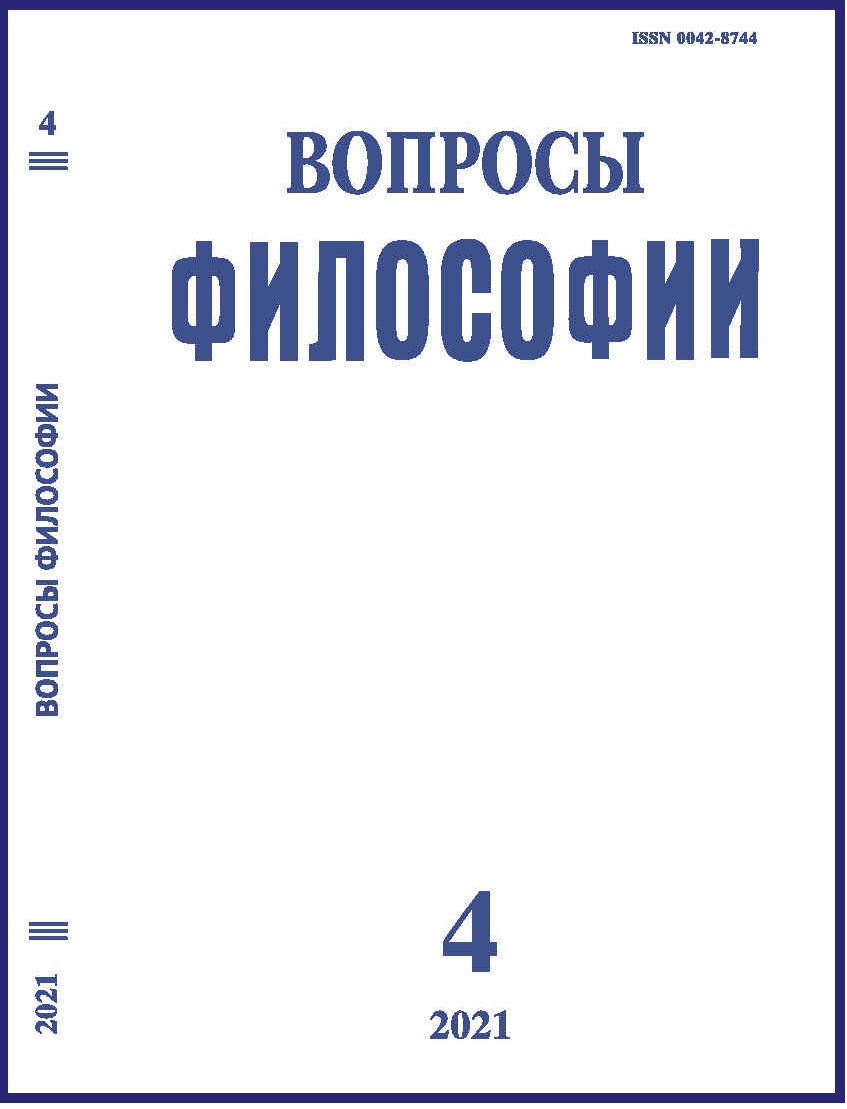On the Issue of University Autonomy
DOI:
https://doi.org/10.21146/10.21146/0042-8744-2021-4-49-52Keywords:
W. von Humboldt, state, society, university, sameness, mechanical character, freedom, diversityAbstract
The main hypothesis of this work is that the guiding distinction that forms the conceptual framework of W. von Humboldt’s political theory is the binary opposition state/society. The article is devoted to the explication of this distinction (and related conceptual constructions) from the Humboldt’s creative heritage in order to define the influence of this distinction on the argumentation used by V. von Humboldt to justify the necessity of autonomy of the university from the state. The article presents the historical context of the development of V. von Humboldt’s views on the issue of the limits of useful state intervention in the lives of citizens. The author denotes the continuity of the ideas and arguments expressed by Humboldt in the context of limiting state intervention in the life of society in general and in the life of university in particular. The essential properties of the state and large collectives are the production of monotony and mechanical nature, while the essential properties of individuals and society are freedom and diversity, which are declared as necessary conditions for the commensurate development of human forces into a single whole (Bildung). According to Humboldt’s concept, attempts by the state to take care of the positive good of citizens automatically lead to the mental and moral decline of the people, the reign of the spirit of monotony, and the formation of people as machines.

